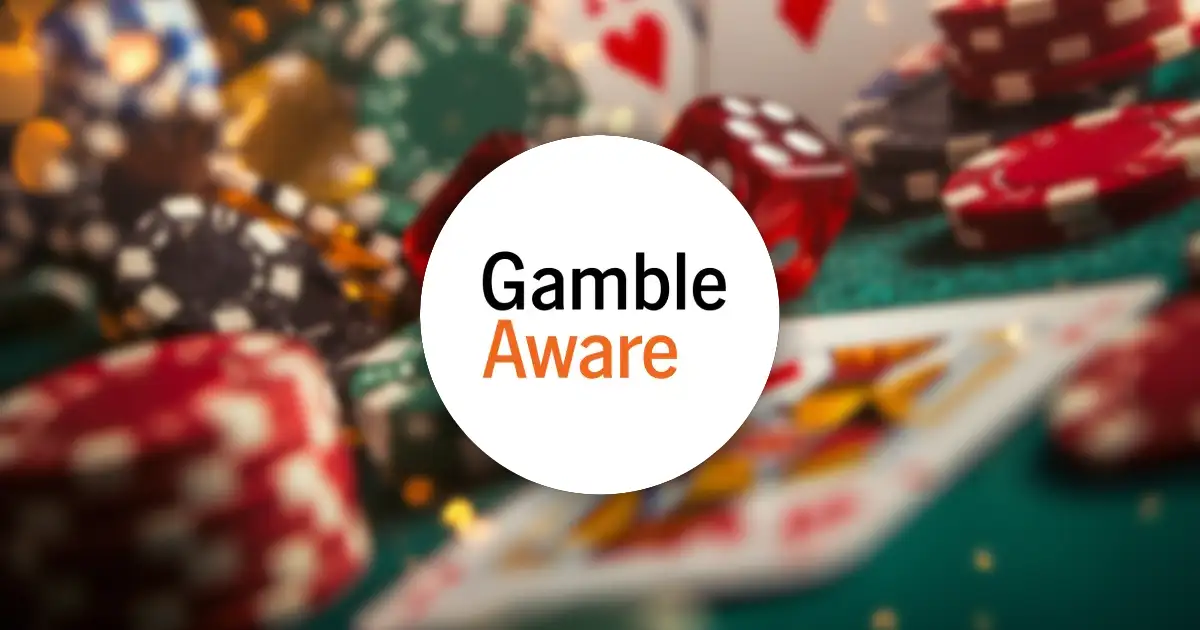Gambling support: alarming figures
The UK is facing a worrying increase in gambling-related problems. According to a recent report by GambleAware, more and more people are seeking specialist help, revealing both greater awareness and a real increase in the damage caused. Behind the figures, entire families are affected, while pressure is mounting to tighten regulations.
Growing awareness
In 2024, the UK saw a significant rise in the number of adults affected by gambling problems, according to GambleAware’s Annual Treatment and Support Survey. Nearly 3.8% of the adult population is now identified as suffering serious gambling-related harm, compared to 2.4% four years ago. The increase is partly due to greater awareness of support services, but also to a real increase in the harm caused.
Almost 30% of people who gamble have sought some form of help, up from around 17% in 2020. The difference is clear. While more people are reaching out for help, the harm itself is not decreasing.
The damage is not limited to the gambler
The fear is no longer limited to gamblers alone. The report states that around 8% of British adults, or approximately 4.3 million people, have been affected by the gambling behaviour of a loved one, such as a parent or friend. In addition, nearly 2 million children live in a household where an adult suffers from the consequences of gambling.
These figures show that the effects extend far beyond the gambler: family stress, broken relationships, financial pressure. Problem gambling affects everyone around the gambler, sometimes silently.
Advertising and prize draws: areas of risk
Another alarming finding is that British public opinion is calling for stricter measures against the promotion of gambling. 91% of adults want to ban gambling advertisements on television and in video games, while 90% want to see a ban on social media. These voices want to protect young people in particular, who are too often exposed to gambling.
We also learn that certain types of activities, such as prize draws (charity competitions, etc.), present risks. Although they are not officially considered regulated gambling, several similarities are pointed out: luck, expectation of winnings, attractive marketing. Among those already at risk from gambling, 27% participate in this type of draw; among all gamblers, 11% report having suffered harm related to these activities.
What officials are saying: urgency and recommendations
Zoë Osmond, director of GambleAware, warns that gambling addiction damages finances, relationships and family life. She welcomes the fact that more people are seeking help, but insists that this is not enough as long as the overall damage continues to grow.
Among her proposals: strengthening controls on advertising, promotions and sponsorships related to gambling. For example, removing gambling promotions from sports stadiums to protect vulnerable young fans. Cleaning up media and advertising spaces is presented as an essential measure.
The story told by the 2024 figures in the United Kingdom is one of a double emergency. On the one hand, there is a tangible increase in requests for help, revealing a growing awareness and a feeling that silence is no longer enough. On the other hand, there is a worsening of the damage and a spread of the problem into homes and among younger people, in less visible but equally destructive forms.


